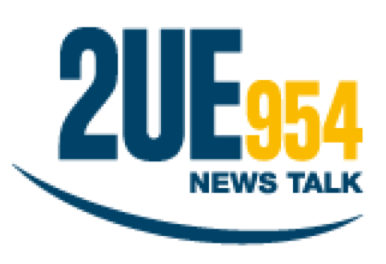I’ve covered what the NBN is previously on the ABC for Tony Delroy’s Nightlife and on Technology Spectator last year looked at the challenges ahead for the project in 2013.
The National Broadband Network was always going to be one of the key issues in the 2013 Federal election, The Liberal Party’s policy launch on Sunday and Malcolm Turnbull’s comments on ABC Radio station 702 Sydney on Friday illustrated how critical it will be.
His assertion that wireless should be affordable is laudable, but the indications are that it is increasingly going to become less affordable.
It also puts the coalition in a bad position, losing the three to four billion dollars expected from the spectrum auction wouldn’t help their budget position.
One comment from Malcolm that particularly sticks out is on subsidies;
If I could just make one other point Linda, possibly the most important. The government as we know is spending a stupendous amount of money on building a national fibre to the premises broadband network. And the subsidies there run into the tens of billions of dollars –
The member for Wentworth is facturally wrong; there are no subsidies for the NBN, the government is providing the capital for the project which they hope will be paid back by 2018.
the value of the network once completed will be a fraction of what the government is spending on it.
On what basis? Certainly fibre has a 25 to 40 year expected life cycle, but that’s true of a roadway or an office building; does Malcolm suggest we don’t spend on that as well.
you could make a very powerful argument that the form, the channel of broadband communication which adds the most to productivity is in fact wireless broadband.
Possibly, but let’s see that argument. Currently data downloads to fixed lines still dwarfs mobile, both are growing exponentially.
Malcolm actually touches on the problem we’re facing with wireless — the shortage of bandwidth.
The government has been very slow at getting it out. As of the last report there was only about eight and a half thousand premises connected to the fibre optic network that they’re building throughout all of Australia
This is true, the rollout so far of the NBN has been disappointing. This is what observers are watching closely on this.
The Fibre to the Node setup also creates another problem – that of ownership. If Telstra retain ownership of the copper cable from the node to the premises, it means providers have to deal with two wholesalers one of whom is their competitor.
In fact it creates a whole rabbit’s nest of problems for retailers and could very quickly find us in a situation where telco access requires dealing with two monopolies — Telstra and NBNCo.
One the disappointing things about the National Broadband Network has been the poor debate around the topic, indeed the whole debate at times has been wrong headed. Any hope it’s going to improve during the election campaign isn’t likely


